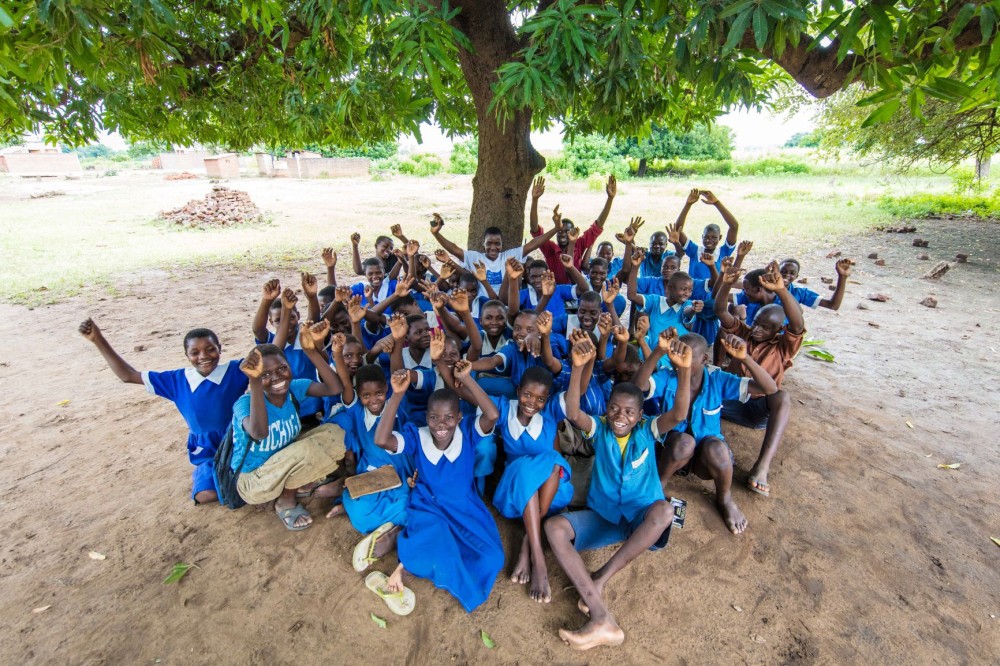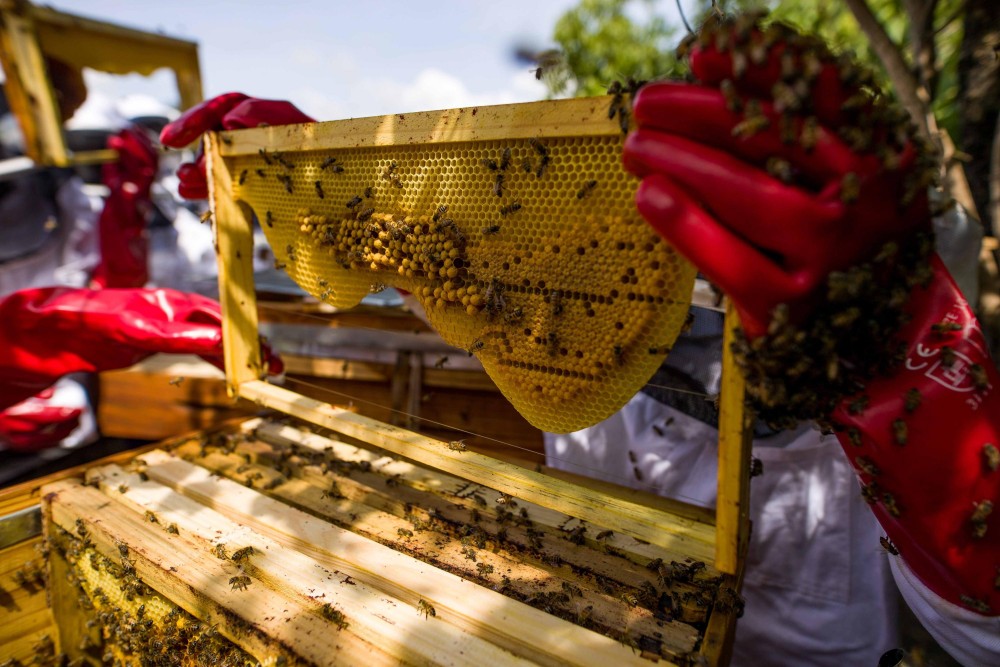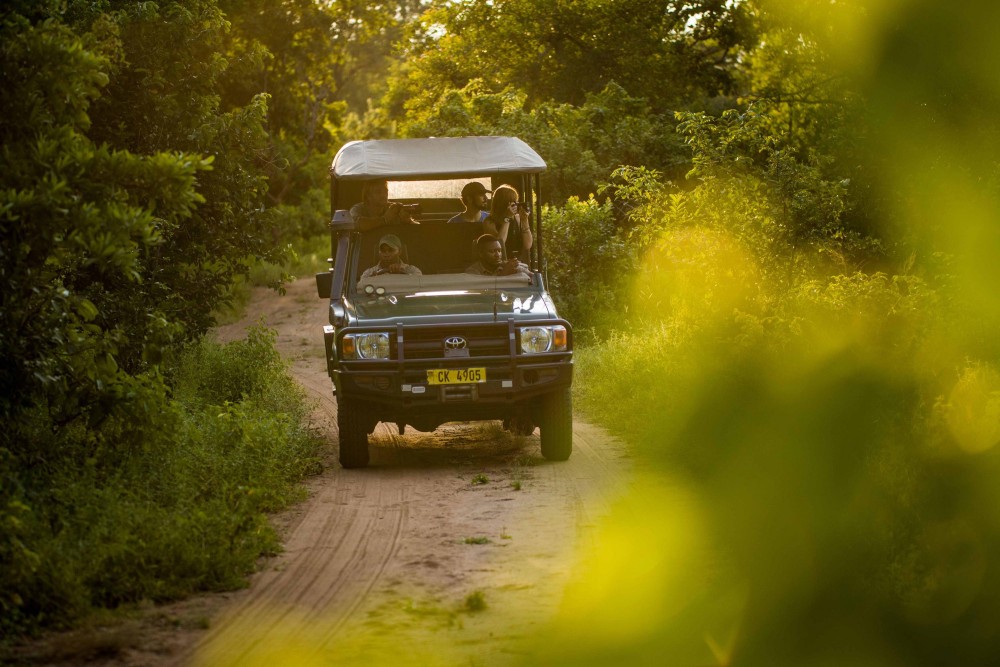 © Marcus Westberg
© Marcus WestbergCommunity Development is one of our bedrocks, more than 140,000 people live around Majete but prior to 2003 and African Parks involvement, the reserve delivered almost no benefits for these communities, aside from the unsustainable and illegal use of wildlife as a food supply. Devoid of wildlife, the park had few to no tourists and no revenue was being generated at all. However, this all changed in 2003 when we assumed management of the reserve and launched our community development initiatives. We support communities in numerous ways, from initiating income generating activities to investing in public health programmes.
Employment
One of the most important benefits to local communities is employment, especially considering that each economically active person supports six people on average in Malawi. Employment has risen more than ten-fold with now 168 people being employed on a full-time basis. This includes our growing ranger force who patrol the park daily and whose efforts have resulted in not one rhino or elephant being lost to poachers since 2003.
Education
A scholarship programme provides school fees for school children who may have otherwise not had the opportunity to attend school at secondary and university level. More than 100 children benefit from this programme each year. Majete also runs an Environmental Education Programme to teach school children about the importance of the environment, while also bringing them in to experience the reserve first hand.
Community Projects
 © Naude Heunis
© Naude HeunisAn important goal has been winning the support of the local people. Community structures have been established to ensure community participation in park management. Sustainable resource harvesting of thatch grass, bamboo and reeds is permitted within the reserve in June and July each year. Community-based micro-enterprises have been established including businesses such as cultural tours, local crafts, and a campsite for tourists from which a share of the profits are invested back into community projects. One of Majete’s main community enterprises is bee-keeping. Honey with Heart is an innovative social enterprise that is empowering communities across three Malawi parks, through the production and sale of high-quality honey. Situated in some of the most remote areas in Malawi, with limited access to employment opportunities, these communities share the land with national parks and reserves and had previously relied heavily on them for their survival. However, Honey with Heart has trained communities with the skills and resources to be able to produce organic honey as a source of income, thus empowering them to build an economic foundation to improve their lives so that they are able to preserve their national parks for future generations.
Beginning in 2014, African Parks worked with partners to introduce programmes aimed at controlling malaria in the communities surrounding Majete. A state-of-the-art malaria research and prevention centre was constructed in Majete with the goal of reducing the incidence of clinical malaria by 80% in surrounding communities by 2018. This research has shown great success with zero recorded infectious bites in sites that utilised the suggested tools such as nets and management of standing water. Majete’s Community Extension Programme continued to support local employment, enterprise development, skill-building, and health and educational services. Forty men and women farmers were trained on smart agriculture farming practices, including irrigation.
Infrastructure Projects
Majete provides substantial social infrastructure in the surrounding areas, including schools, teachers’ houses, boreholes and health clinics. Since 2013, six rural growth centres, called Majete Epicentres, have been established in partnership with The Hunger Project and funded by the Dioraphte Foundation (formerly the African Villages Foundation). These Epicentres comprise of critical infrastructures such as maternity centres, community halls, rural banks, nursery schools, libraries and food processing rooms. They aim to provide health care and other facilities and services that were previously inaccessible to rural communities around Majete. In 2019, we also signed an MoU with Americares to increase and improve health services in the area. Through this agreement, clinics have been renovated and medical supplies provided.
Tourism
 © Naude Heunis
© Naude Heunis A tourist campsite inside the reserve provides a direct source of income for the community. A share of the profits from fees from the campsite is channelled towards community projects such as the purchasing of school uniforms and writing materials. In 2021, Majete also introduced a Community Tour Guide programme. Targeting young adults living in the villages around Majete, the programme offers income-generating opportunities and fosters passion and interest within community members for Majete, its ecosystem and its story.
